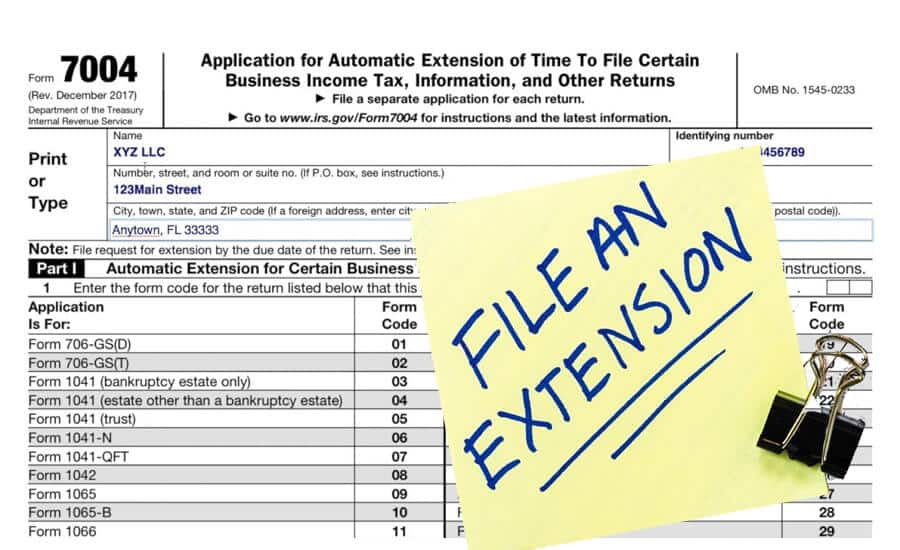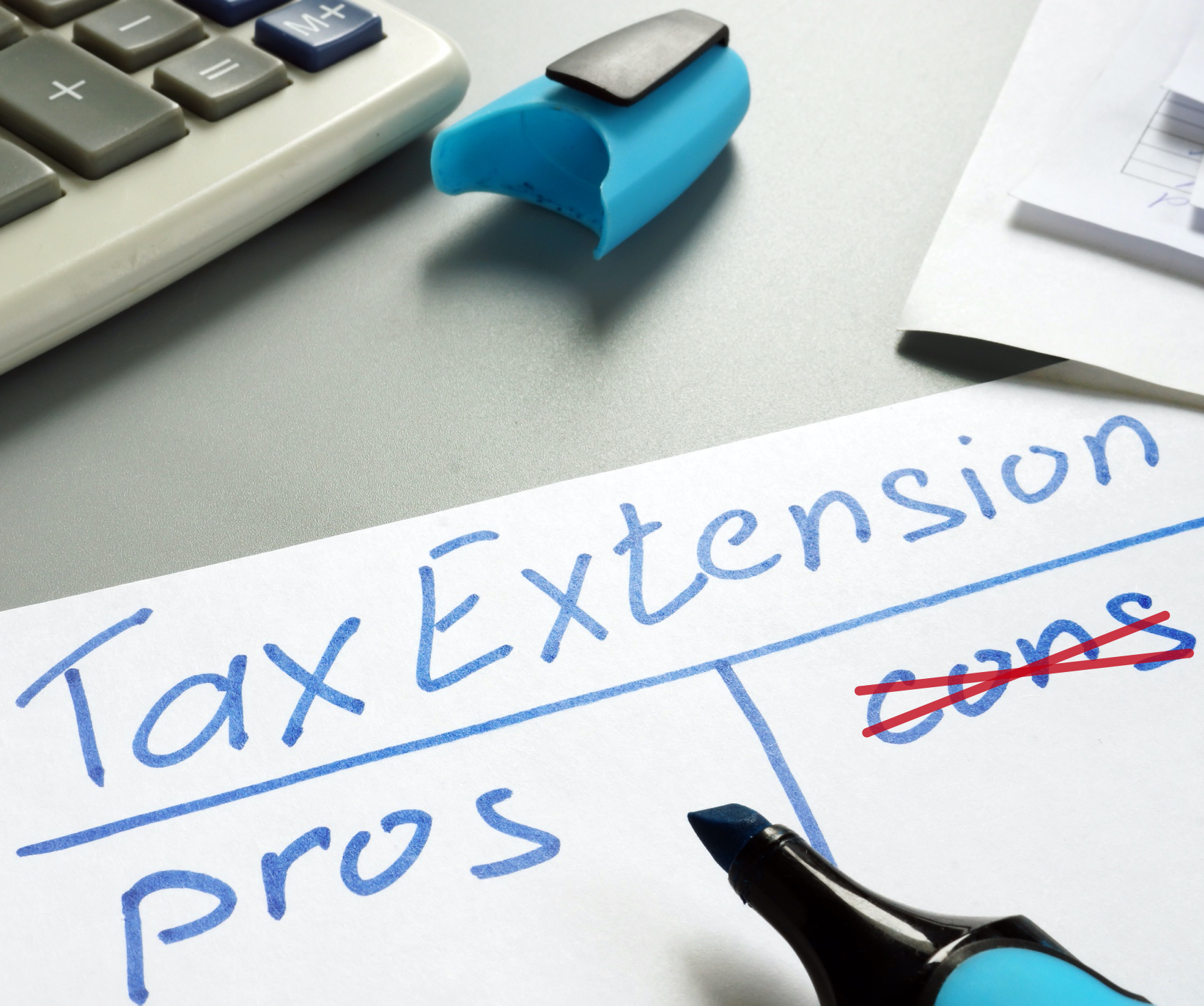April 15, Tax Day, has come and gone at last. For most of us, that means we can breathe a sigh of relief that this obligation has been fulfilled and can be put behind us until it’s time to file for next year. However, for millions of Americans, tax season continues for months longer. If you are one of the many who filed for a tax extension this year, let the professional accounting team at Hayes and Associates quell some rumors and let you know exactly what a tax extension (or lack thereof) means for you.
Have You Ascribed to This Common Misconception?
Many people assume that filing a tax extension gives you more time for the entire process: gathering documentation, filling out forms, and submitting tax payments. This is a fallacy. An extension is limited in its capacity to only give you more time to extend your filing procedures. You are still liable to pay what you owe when it is due (April 15).
The good news is you may qualify for an IRS payment plan. While it is not universally available to all taxpayers, if you do qualify, you could save money over some of your other payment options, such as using your credit card (which can have exorbitant interest rates).
Short term plans give you six months to pay your tax debt. A long-term plan extends beyond six months. The IRS’s online application is the most efficient way to learn if you qualify for the payment plan, but be aware that even if you qualify, you can continue to accrue penalties on the outstanding funds until they are paid in full.
Pro Tip: Whether you qualify for debt relief or a payment plan or not, don’t let the fear of paying taxes cause you to procrastinate. Pay what you can and continue paying down the debt as quickly as you can.
What Are the Consequences of Failing to Pay My Taxes?
The consequences of unpaid tax debt begin immediately after their due date, and the pressure to pay continues to intensify until the government receives what it is owed.
For your unpaid tax debt, whatever the amount you owe, interest begins to accrue on the outstanding amount. Additionally, you may be assigned a late fee of .5% per month. This late fee is charged monthly, and can really add up, especially if you have a large tax liability.
You can expect to get a letter of notification in the mail one to three months after Tax Day. Forthrightness and sincere effort to make this right will always serve you well, and sometimes grace is extended to first time offenders if you’ve got a valid reason for your delay.
Should you choose to ignore the IRS’s letter, you may have a lien filed against your property. Simply put, this means that if you decide to sell your car, house, or other asset, the government will be able to take some of the proceeds to reclaim the funds that are due them.
Liens are publicly searchable, and this is bad news for you if you want to qualify for loans. They could possibly hinder you from getting that job you wanted and prevent you from gaining security clearance.
You may also have your information sent to a collection agency, a step that can harm your credit, and thereby make it more difficult for you to make substantial purchases or qualify for loans in the future.
The pressure to pay will continue to increase for as long as you neglect to pay your debt. Read: your tax debt will not go away, so act as soon as possible to pay what you owe. Eventually, the IRS can seize your property, raise the penalty fine to 1%, and block you from getting a passport.
How Do I File a Tax Extension?
www.irs.gov/forms-pubs/extension-of-time-to-file-your-tax-return
All of the extension forms required by the IRS are available online. The IRS warns that just because you’ve filled out their extension request paperwork, you are not guaranteed that extension. Filing late can come with financial penalties, so it is always in your best interests to file your taxes on time.
If you do choose to file an extension, the deadline is the due date of your return. For individuals, that means April 15. For your business, there are quarterly deadlines of April 15, June 15, September 15 and January 15.
When you qualify for an extension, you will have six additional months to file your taxes, but you are still expected to estimate and pay your anticipated tax debt by April 15.
Should you, tragically, find yourself facing a natural disaster, such as a tornado, earthquake, forest fire, or the like, grace is extended to you, and you may be eligible for extensions to your filing deadline. Be sure to check the IRS Newsroom page, where eligible disaster extensions are listed by state and county.
Be warned: If you choose to do nothing about your tax liability, the clock starts rolling on penalties and fees that will continue to accrue as long as you have an outstanding tax debt.
What’s the Point of Filing a Tax Extension if I Have to Pay Right Now Anyway?
It’s a valid question, and there are several reasons you may find a tax extension advantageous.
- You may not have all the documentation needed.
- You will avoid the late-filing penalties.
- Your good faith gesture shows your integrity and willingness to complete the process as prescribed by law.
You are no doubt aware of Founding Father Benjamin Franklin’s wry commentary, “…in this world nothing can be said to be certain, except death and taxes.” So far, he’s been right, and as April 15 continues to roll around every year without fail, so too do our obligations to pay our taxes. If you find yourself in a difficult situation or simply need some advice on how to handle you or your company’s tax liability, the professional accountants at Hayes and Associates would be delighted to assist you by answering your questions and shouldering the filing burden. Give us a call today, and we’ll face Uncle Sam together.





